Treatment Innovations
-
Facebook
-
Twitter
-
Linkedin
Innovations in cancer treatment are transforming patient care by introducing more precise, effective, and less invasive therapies. Immunotherapy, including checkpoint inhibitors and CAR-T cell therapy, has revolutionized cancer care by harnessing the immune system to target and destroy cancer cells.
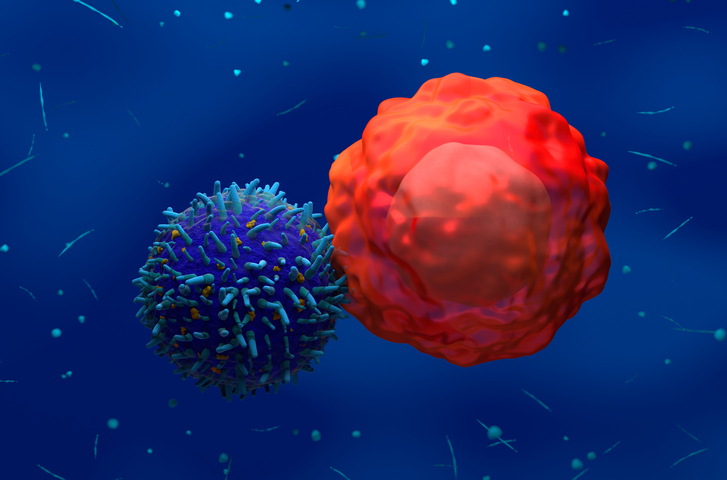
Making Strides Toward Off-the-Shelf CAR T Cell Therapy for Cancer
A new advance may make it possible to use off-the-shelf CAR T cells provided by healthy donors. The new approach studied in mice equipped CAR T cells with the viral protein Nef.

Rice scientists create nasal drug to sniff out pancreatic cancer
Scientists have created a nasal drug delivery system using amifostine to protect healthy tissues during pancreatic cancer radiation therapy.
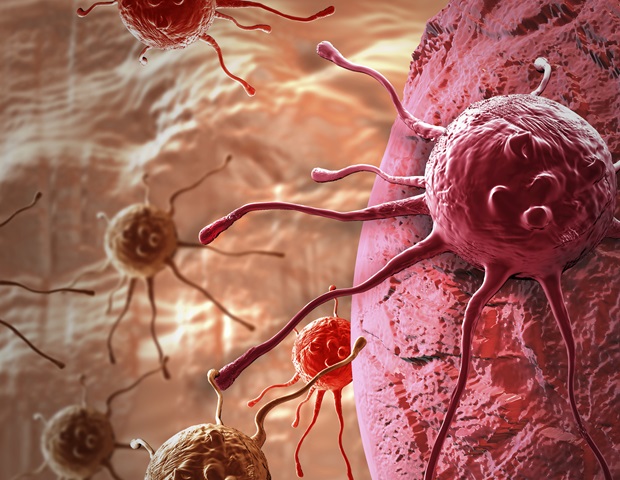
Breakthrough in gene-editing with Cas12a for modeling human diseases
Australian cancer researchers are the first to establish a next-generation gene-editing tool for modeling and interrogating human disease.
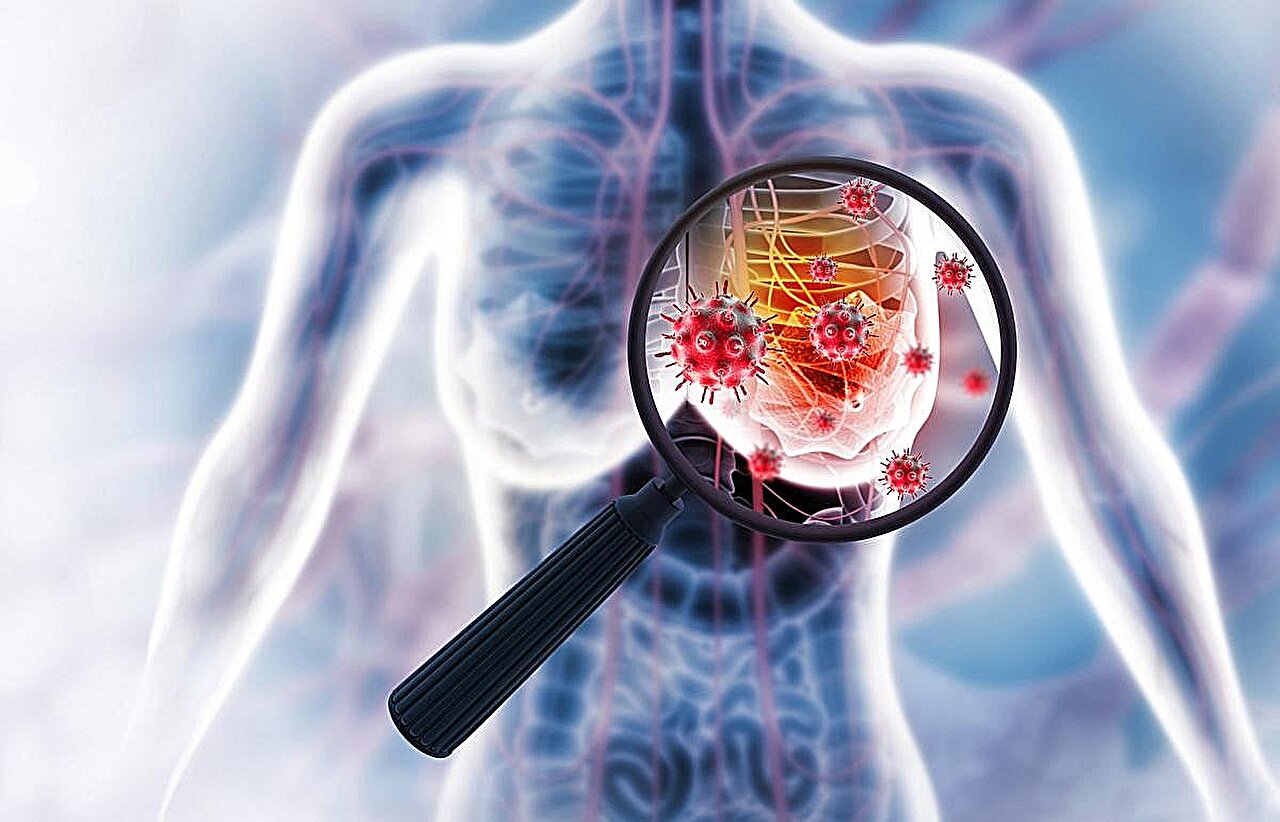
FDA approves Datroway for HR-positive, HER2-negative breast cancer
The U.S. Food and Drug Administration has approved Datroway (datopotamab deruxtecan-dlnk) for adult patients with unresectable or metastatic, hormone receptor (HR)-positive, human epidermal growth factor receptor 2 (HER2)-negative breast cancer.

Immune system discovery could revolutionize treatment for chronic disease and cancer
A discovery about the mechanisms that enable the immune system to sustain long-term protection could revolutionize treatment for chronic disease and cancer.

Kidney Cancer: Revolutionary Changes in Treatment with New-Age Technology – News18
With continued advancements, early detection, and innovative treatments, we are moving closer to a future where kidney cancer is no longer a life-threatening disease but a manageable condition.
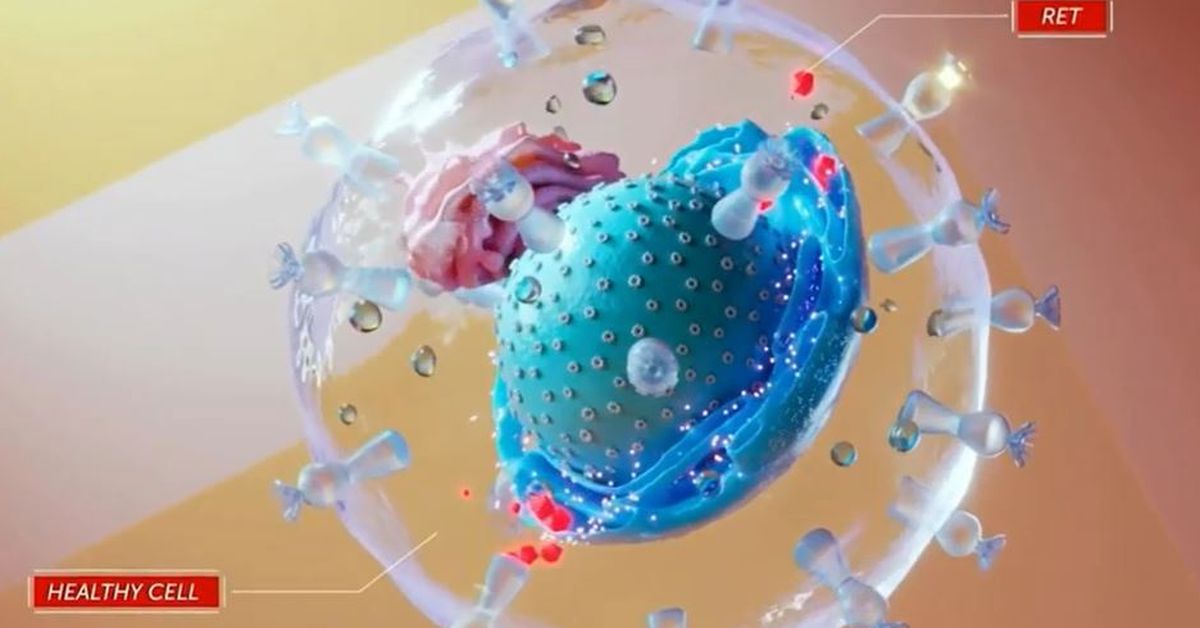
Life-saving lung cancer drug added to PBS, slashing price
Australians diagnosed with a rare form of lung cancer will now have access to a life-saving drug at a fraction of the cost.
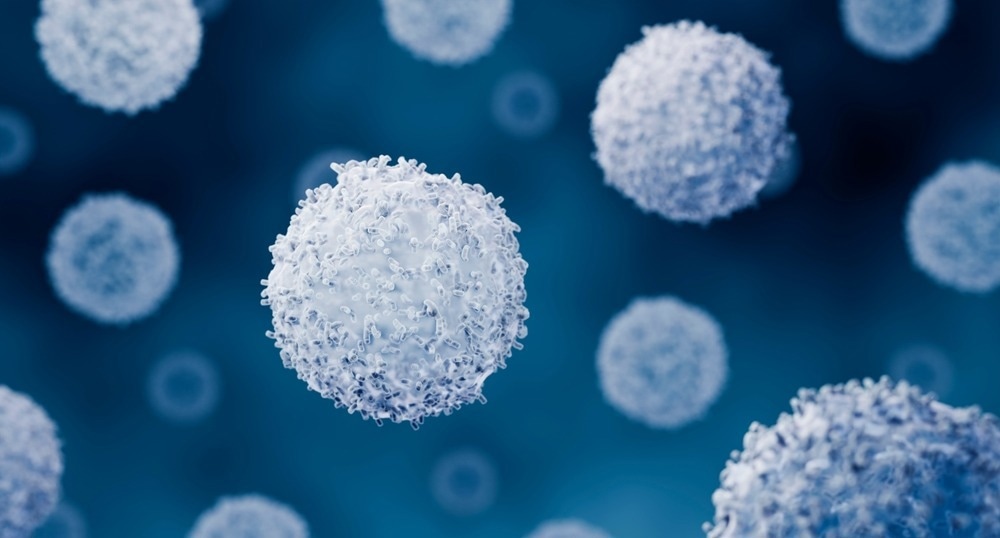
Researchers develop T cell growth method that enhances cancer-fighting ability in melanoma model
Findings indicate that altering glucose metabolism in T cells boosts their therapeutic potential against melanoma, paving the way for improved immunotherapies.

Searching for cure through 'Carve 4 Cancer'
SCRANTON, LACKAWANNA COUNTY (WBRE/WYOU) — The weekend weather is cooperating for some winter fun at local ski resorts, including one hosting a fundraiser to help patients battling blood cancer. Ski…
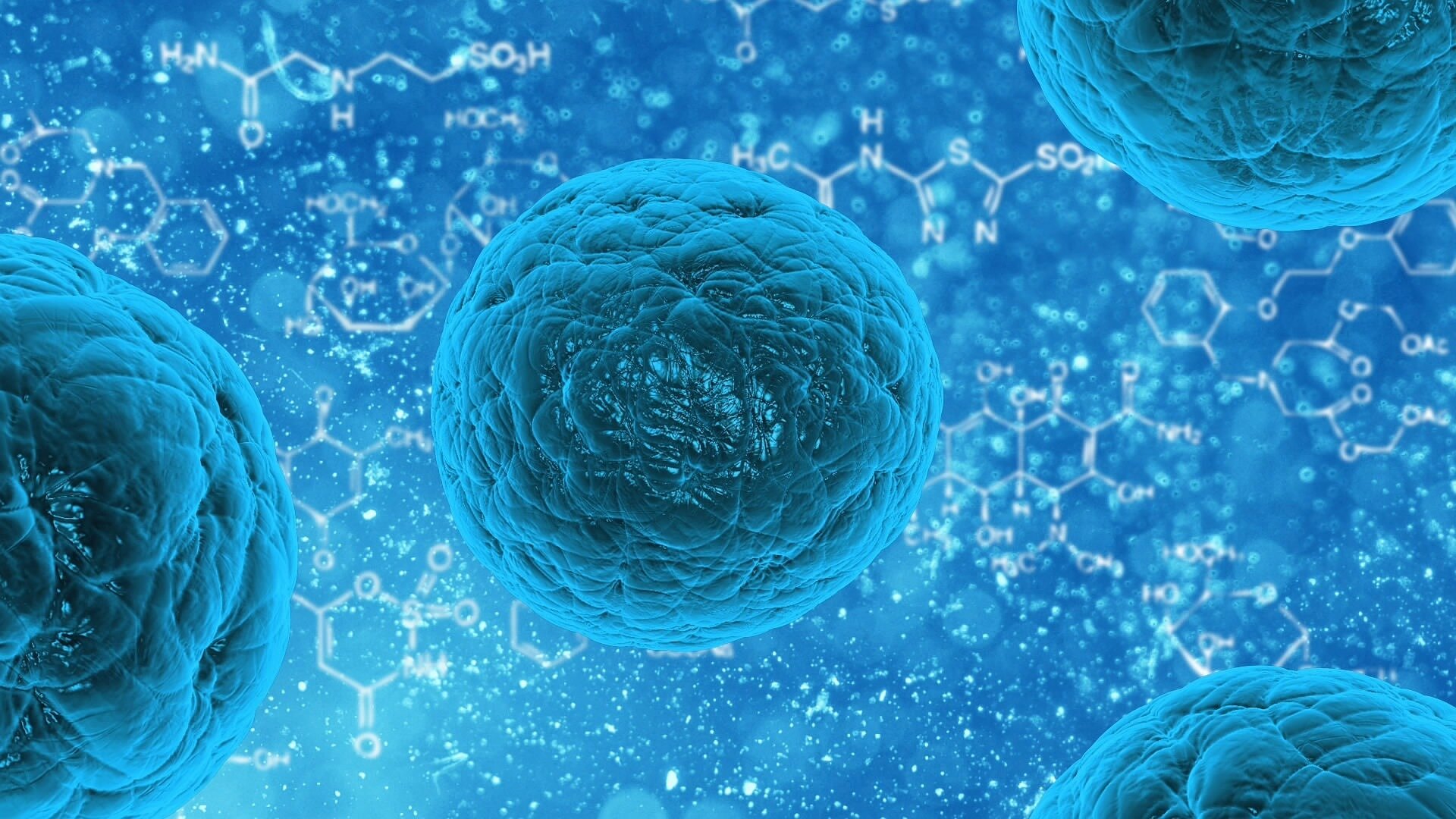
Study finds stem-like T cells key to lasting immune response in cancer, chronic diseases
Prolonged illnesses like cancer and chronic infections often leave the immune system in a state of exhaustion, where its frontline defenders—T cells—lose their ability to function effectively. Research, led by the Peter Doherty Institute for Infection and Immunity (Doherty Institute) and the Peter MacCallum Cancer Center (Peter Mac), have identified a rare type of immune cells, called stem-like T cells, that holds the key to maintaining powerful, long-term immune responses.

TROPION-Lung12 phase 3 trial initiated evaluating Datroway as part of adjuvant regimen for patients with early-stage NSCLC at high risk of relapse
he first patient has been dosed in the TROPION-Lung12 phase 3 trial evaluating the efficacy and safety of adjuvant Datroway (datopotamab deruxtecan) plus rilvegostomig or rilvegostomig monotherapy versus standard of care in patients with stage 1 adenocarcinoma non-small cell lung cancer (NSCLC) after complete surgical resection who are ctDNA-positive or have other high risk pathological features.

Wales and Northern Ireland work together on groundbreaking cancer innovation projects | Welsh Government
Five innovative projects across Wales and Northern Ireland have been awarded a share of £1 million to develop technology to reduce waiting times and improve outcomes for cancer patients.
Read More »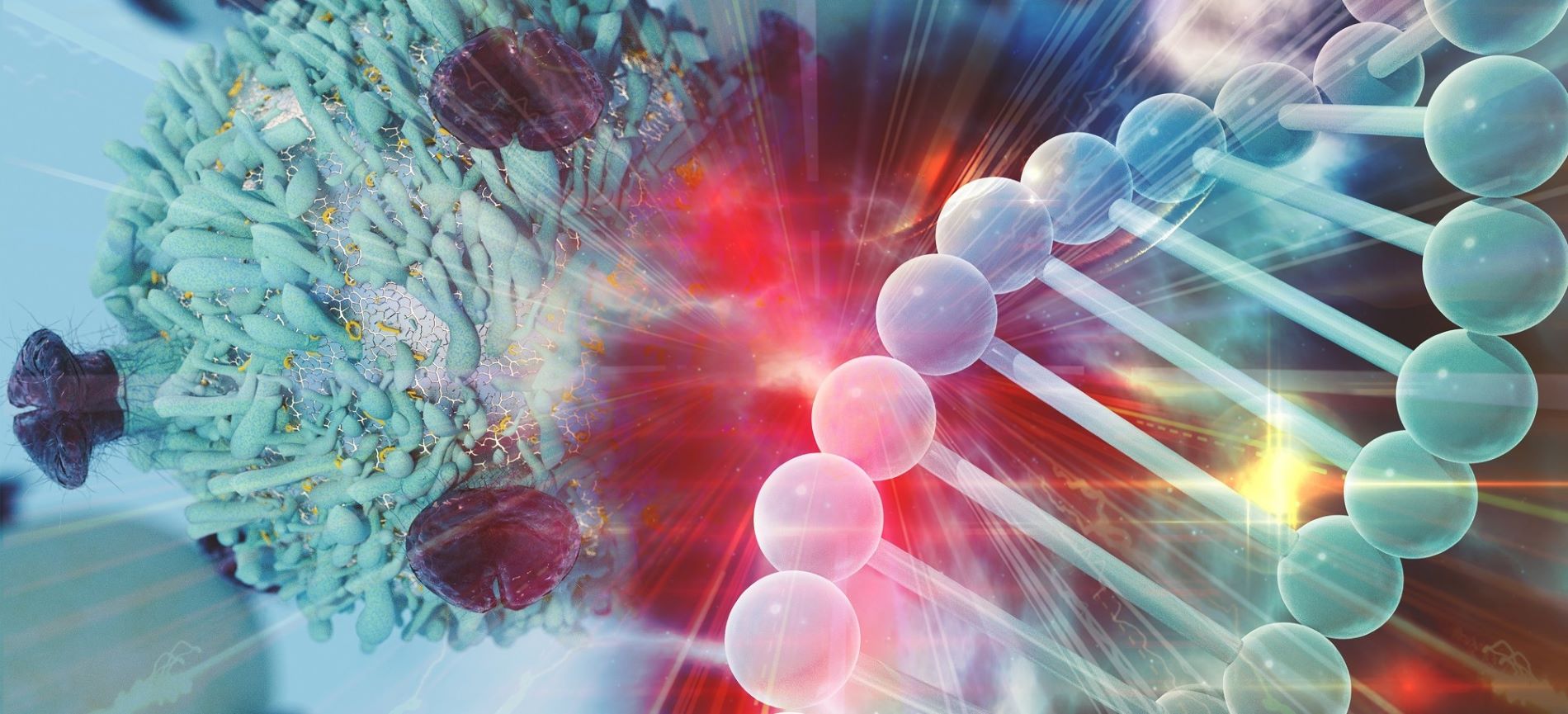
Accelerating Cancer Treatment with Precision Medicine & NGS
Asia accounts for nearly half of global cancer cases, making it a major health concern. Recognising the promise of precision oncology, governments across the region have initiated efforts to drive advancements in this space. Let’s take a closer look at the progress being made in precision oncology in the Asia Pacific region.

AI maps molecular interaction that could improve cancer research
A new study from Oregon Health & Science University has uncovered how small molecules within bacteria interact with proteins, revealing a network of molecular connections that could improve drug discovery and cancer research.

AI Tailors Cancer Treatment to Individual Patients
A novel AI tool from BIFOLD and partner institutions deciphers complex cancer interrelationships, enhancing personalized medicine and clinical decision-making.
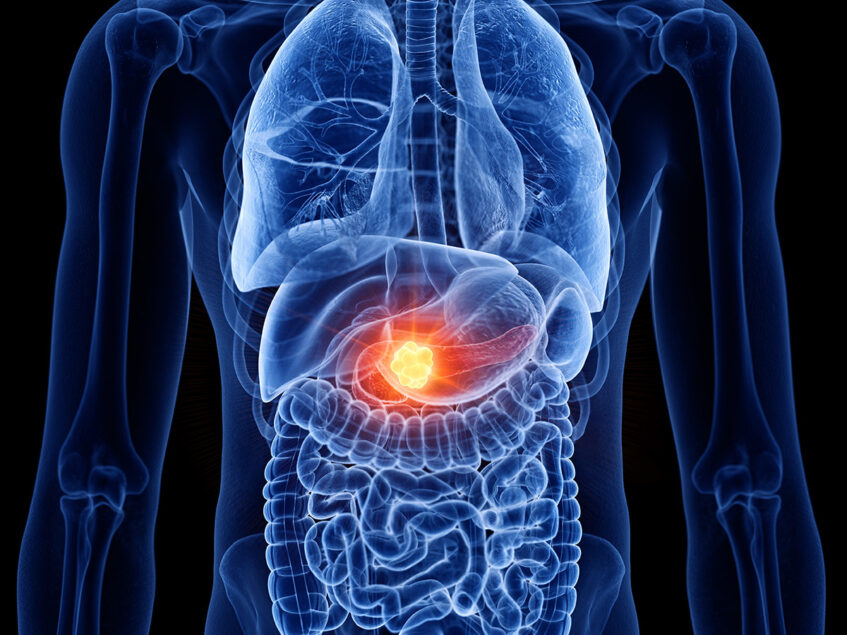
Combined strategy can prevent pancreatic cancer drug resistance
Understanding the mechanisms of resistance to cancer treatments is necessary to find effective therapies at different stages of the disease. Scientists at UT Southwestern Medical Center studied the most frequent mutation in pancreatic ductal adenocarcinoma (PDAC), identified an escape route to a therapy in clinical trials, blocked it with another experimental compound and reduced tumors in mice.

Huntsman Cancer Institute leads the way with advanced robotic surgery technology
Huntsman Cancer Institute at the University of Utah (the U) proudly announces the addition of two da Vinci 5 robotic surgical systems.

Innovative Medicines
Patients with a wide range of life-threatening and debilitating illnesses today live in the hope tomorrow will bring a new medicine that will improve or even save their life. America’s biopharmaceutical research companies are researching and developing new medicines to meet unmet need and continuing research and development even after U.S. Food and Drug Administration (FDA) approval, all with the goal of improving patients’ health, quality of life, and saving lives.

New research unlocks key to long-lasting immune response in cancer and chronic diseases
Prolonged illnesses like cancer and chronic infections often leave the immune system in a state of exhaustion, where its frontline defenders — T cells — lose their ability to function effectively. Researchers have identified a rare type of immune cells, called stem-like T cells, that holds the key to maintaining powerful, long-term immune responses.
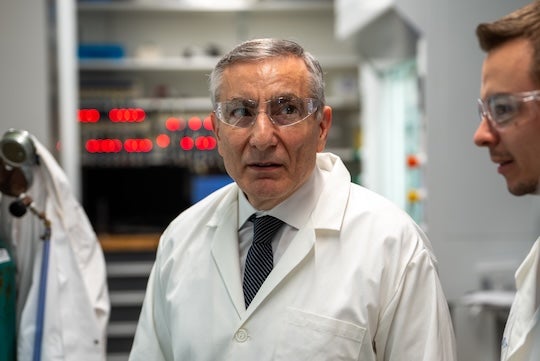
New cutting-edge equipment advances surgical care at Rupert Hospital
Prince Rupert Regional Hospital has acquired new state-of-the-art equipment, significantly advancing surgical care for patients.

Royal Surrey staff celebrate radiotherapy treatment for 500th rectal cancer patient
The Royal Surrey NHS Foundation Trust celebrates a milestone, having successfully treated its 500th rectal cancer patient with radiotherapy.

Targeting MYCN and MDM2 offers new hope for cancer therapy
Over the past two decades, the idea of targeting transcription factors to combat malignancies has turned into a clinical reality.

Biomarker predicts KRASG12C inhibitor success in lung cancer treatment
A new study from Moffitt Cancer Center could help doctors predict how well patients with a specific type of lung cancer will respond to new therapies. The research, published in Clinical Cancer Research, found that measuring the interaction between two proteins, RAS and RAF, could provide valuable insights into the effectiveness of treatments for patients with KRASG12C-mutant non-small cell lung cancer, a type of lung cancer known for being particularly difficult to treat.







